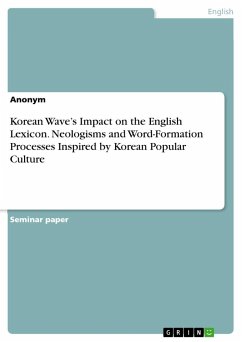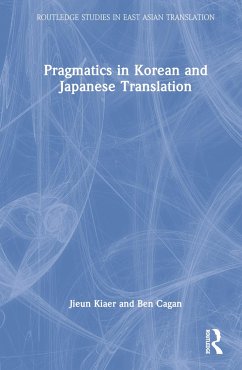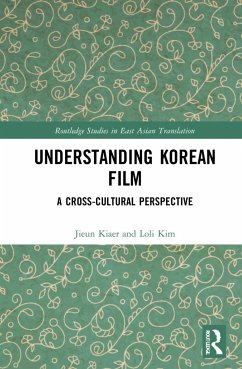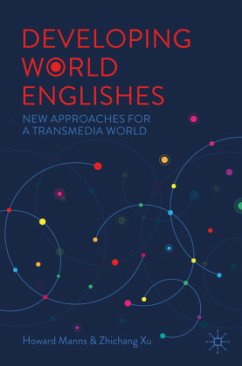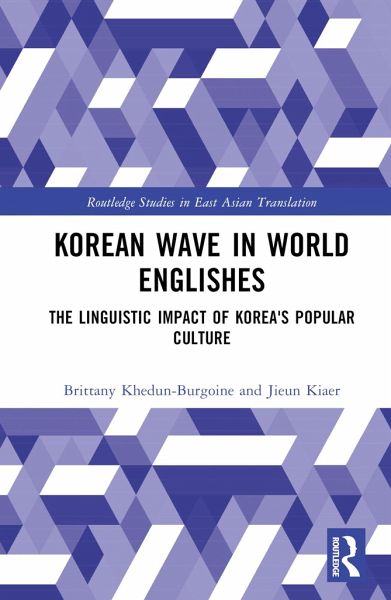
Korean Wave in World Englishes
The Linguistic Impact of Korea's Popular Culture
Versandkostenfrei!
Versandfertig in 1-2 Wochen
168,99 €
inkl. MwSt.
Weitere Ausgaben:

PAYBACK Punkte
84 °P sammeln!
This book examines the linguistic impact of the Korean Wave on World Englishes, demonstrating that the K-Wave is not only a phenomenon of popular culture, but also language. The "Korean Wave" is a neologism that was coined during the 1990s that includes K-pop, K-dramas, K-film, K-food, and K-beauty, and in recent years it has peaked in global popularity. This book intends to show how social media phenomena have facilitated the growth of Korea's cultural influence globally and enabled a number of Korean origin words to settle in varieties of Englishes. This in turn has globalised Korean origin ...
This book examines the linguistic impact of the Korean Wave on World Englishes, demonstrating that the K-Wave is not only a phenomenon of popular culture, but also language. The "Korean Wave" is a neologism that was coined during the 1990s that includes K-pop, K-dramas, K-film, K-food, and K-beauty, and in recent years it has peaked in global popularity. This book intends to show how social media phenomena have facilitated the growth of Korea's cultural influence globally and enabled a number of Korean origin words to settle in varieties of Englishes. This in turn has globalised Korean origin words and revolutionised the English language through an active and collaborative process of lexical migration. Korean origin words such as oppa (older brother) are no longer bound solely to Korean-speaking contexts. The study focuses primarily on media content, particularly social media, corroborated by case studies to examine how linguistic innovation has been engendered by the Korean Wave. Suitable for students and researchers of Korean linguistics, Korean culture, Korean popular culture, and translation studies, this book is the first detailed study of the global linguistic impact of the Korean Wave.




